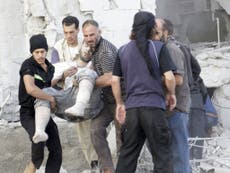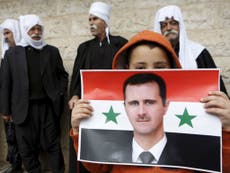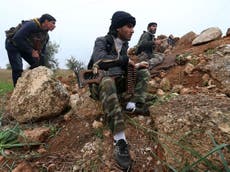Syrian civil war: Jabhat al-Nusra's massacre of Druze villagers shows they're just as nasty as Isis
The incident last week suggests that the US have let the al-Qaeda affiliate off lightly

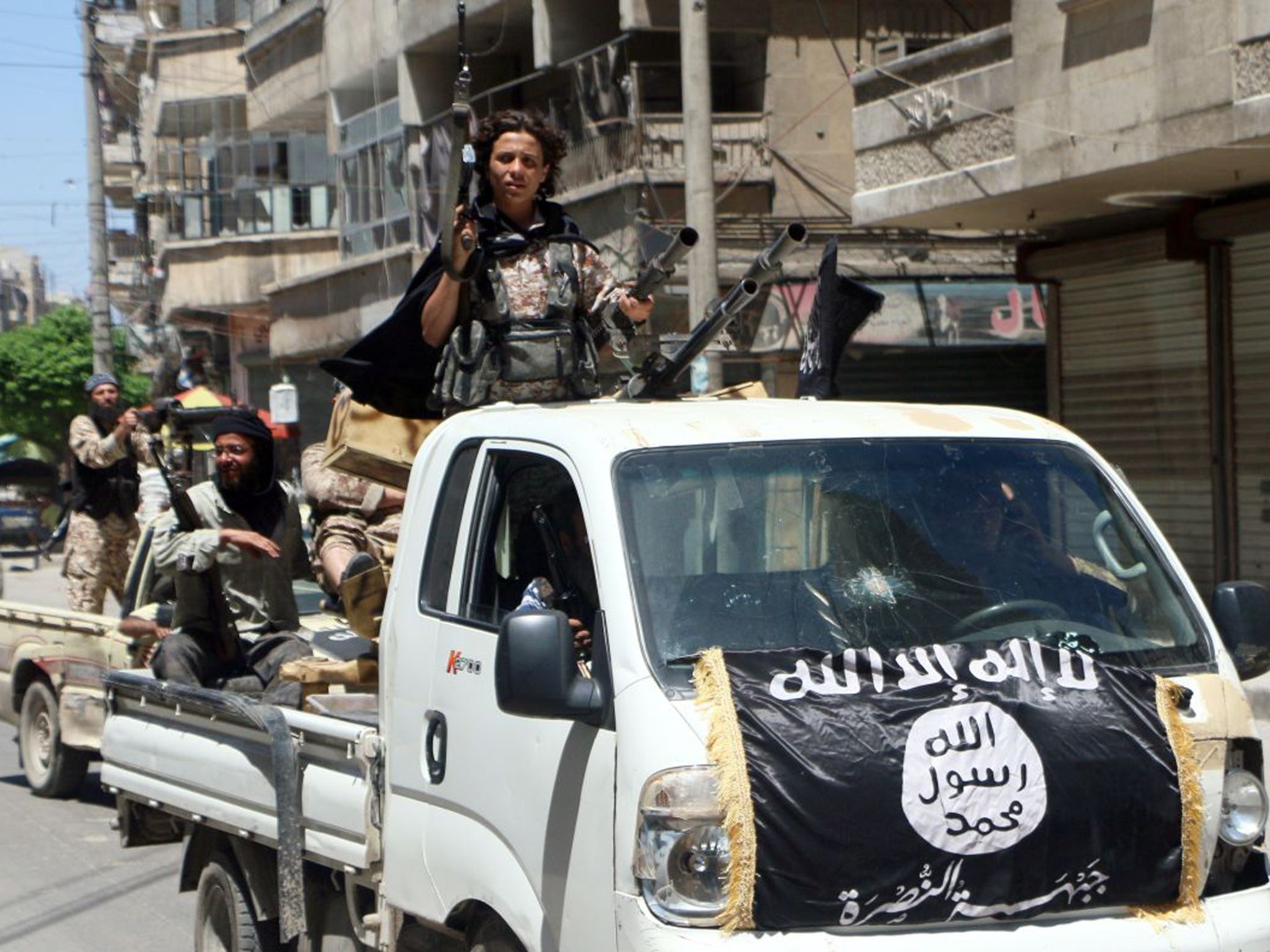
Last week fighters from Jabhat al-Nusra, the al-Qaeda affiliate in Syria, entered a village in Idlib province in the north-west of the country and shot dead at least 20 villagers from the Druze community. They had earlier forcibly converted hundreds of Druze to their fundamentalist variant of Sunni Islam.
The incident happened in the Druze village of Qalb Lawzeh in the Jabal al-Summaq region, a place where al-Nusra fighters have dug up historic graves and destroyed shrines in recent months, according to the pro-opposition Syrian Observatory for Human Rights. It says Nusra first tried to confiscate the house of a Druze government official and shot one villager dead. Another villager then seized a fighter’s weapon and killed him. Nusra then sent reinforcements into the village and they opened fire.
It was just one more massacre in a land that has seen thousands of atrocities by government and rebels over the past four years. But what gives the Qalb Lawzeh killings peculiar significance is that they happened at a moment when Nusra, and the rebel coalition it leads, had inflicted a series of defeats on the Syrian army in the north, leading to speculation that the regime of President Bashar al-Assad might be starting to crumble under multiple pressures. It has recently lost Idlib province in the north, Palmyra in the east, and is on the retreat in the south.
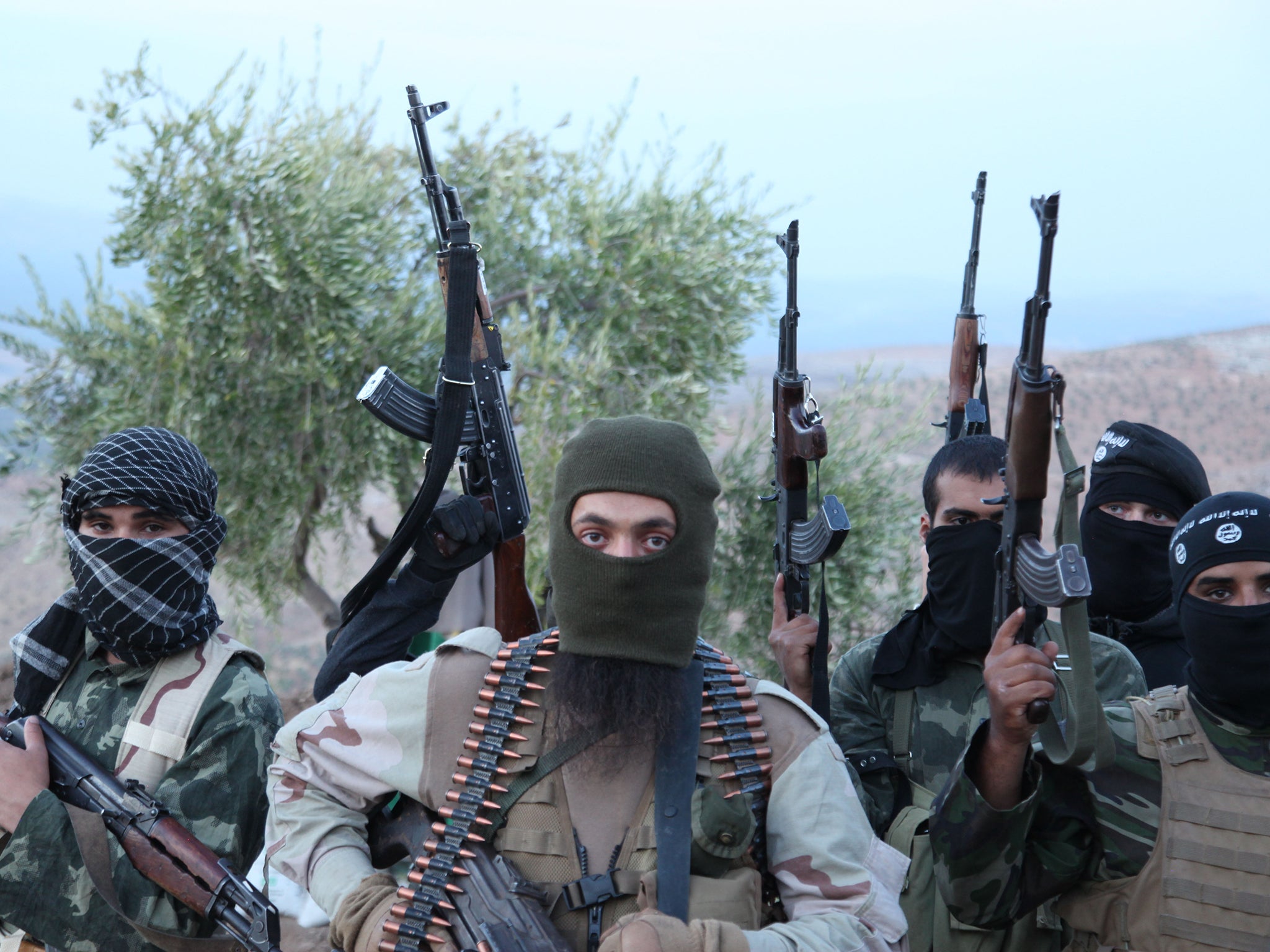
A reason why Nusra and Ahrar al-Sham, another hard-line jihadi group, were able to break the military stalemate is the greater support they are getting from Turkey, Saudi Arabia and Qatar. Since succeeding to the throne in January, Saudi King Salman, along with other Sunni leaders, has pursued a more aggressive policy in backing extreme jihadi rebels in Syria.
Alongside this military offensive is an effort by Nusra and its supporters to rebrand itself as a completely different and more moderate entity than Islamic State (Isis). This is not easy to do. Nusra was created by Isis in 2012 and split from it in 2013, since when the two movements have been fierce rivals who share the same fanatical beliefs and hatreds. The US regards both as terrorist organisations and periodically bombs Nusra, though not with the same intensity as it attacks Isis. The Saudis and the others are not looking for the US to end its hostility to Nusra, but they do want Washington to continue to turn a blind eye to support for it from America’s main Sunni allies.
The rebranding of Nusra is being energetically pursued. A dramatic if somewhat ludicrous episode in this campaign was a 47-minute interview with Abu Mohammed al-Golani, the leader of al-Nusra, broadcast by Al Jazeera television network on 27 May. Golani was to demonstrate to a Syrian and international audience how much more reasonable and less murderous his organisation was compared with Isis when it came to Syria’s minorities and to stress that it would not be launching terrorist operations against western targets.
The interview did not entirely succeed in conveying a comforting sense of restraint and moderation. This is not because Golani came under much pressure from the sympathetic Al Jazeera interviewer. “It was not Frost/Nixon, more like a high-school date,” says the Syria expert Aron Lund, editor of Syria in Crisis, in the online newsletter Syria Comment. The softball approach, he says, “may well have been intentional. Many assume that Qatar, which owns and controls Al Jazeera, is eager to see the group show its gentler side, now that it and other rebels are capturing territory in north-western Syria.”
Golani expressed his new-found moderation by saying that it would be safe for a member of the Allawite sect – to which President Assad and much of Syria’s ruling elite belong – to surrender to Nusra fighters “even if he killed a thousand of us”. But any Allawite considering taking advantage of Golami’s kind offer must meet certain conditions. They must not only stop supporting Assad, but they must convert to Nusra’s brand of extreme Sunni Islam or, in other words, stop being Allawites. Christians will be given a grace period before they have to start pay jizya, a special tax, and Golani takes for granted that Sharia will be implemented. “The basics remain the same,” says Lund, “and they’re extreme enough to be borderline genocidal even when sugar-coated by Al Jazeera.”
What gives this interview such significance is that Golani leads a movement which might, if the Assad regime falls, form part of Syria’s next government. Assad’s military opposition is dominated by Isis in the east, holding half the country, and Nusra, leading a coalition of al-Qaeda type jihadis in the north and centre.
“We have to deal with reality as it is,” said Robert Ford, the former US ambassador to Syria in an interview with Hannah Allam of McClatchy news service earlier this year. “The people we have backed [moderate Syrian rebels] have not been strong enough to hold their ground against the Nusra Front.”
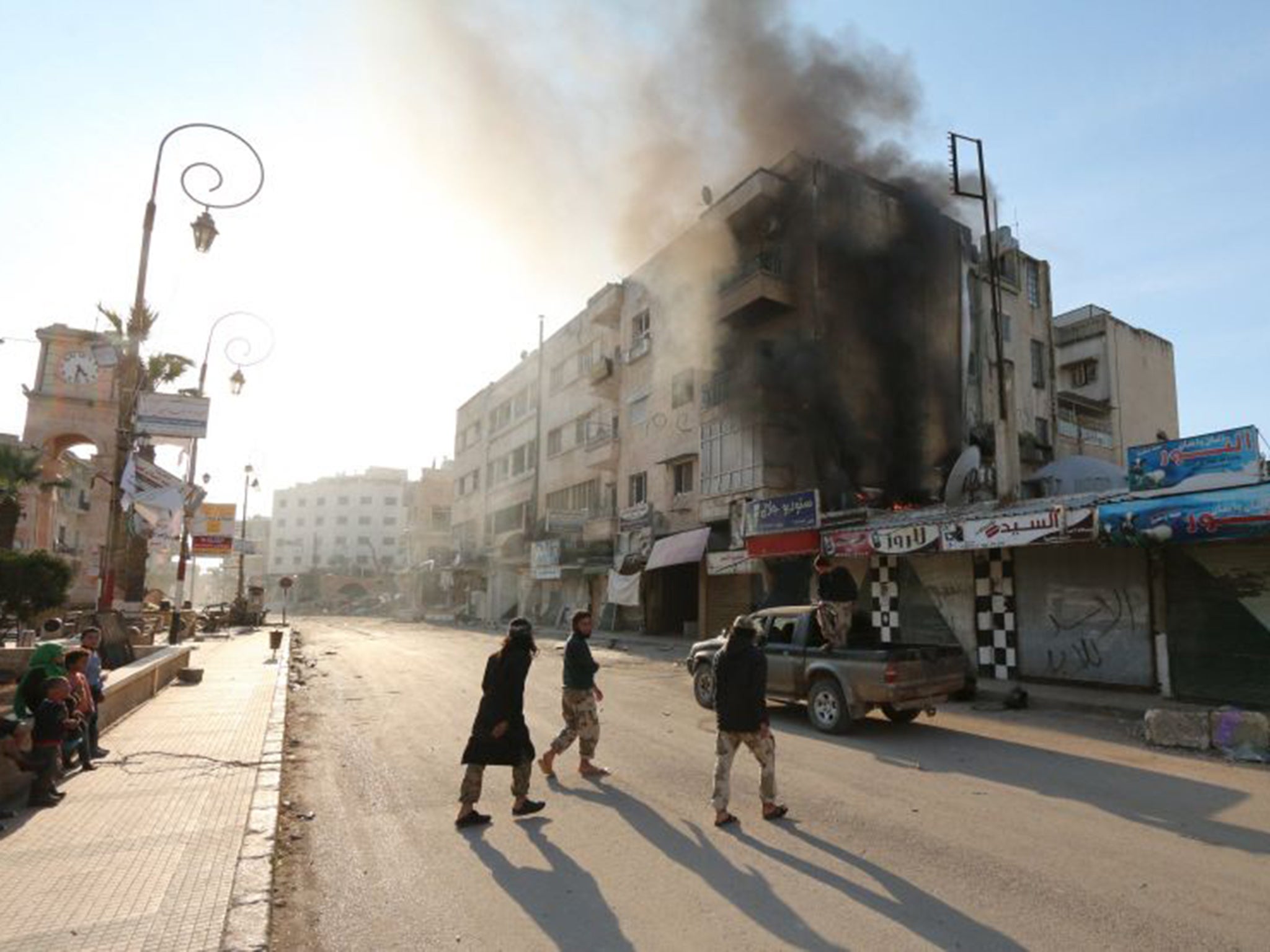
What made Mr Ford’s assertion that Nusra dominated the non-Isis armed opposition so shocking for many was that he was the man who had resigned from the US government, accusing it of not giving enough support to the moderate rebels. Not so long ago he had been maintaining that the moderates were still a real force. But now Mr Ford was quoted as complaining that the rebels, as well as their patrons in Turkey and Qatar, were legitimising Nusra as an integral part of the anti-Assad opposition when, in reality, it was the same as Isis. “Nusra Front is just as dangerous, and yet they keep pretending they’re nice guys, they’re Syrians,” he said. Another problem was that weapons supplied by the US to more moderate groups were ending up in the hands of Nusra.
It is not just that Nusra is sectarian, violent and true to its al-Qaeda roots. Its presence at the heart of the armed opposition gives the rebels greater military strength, but politically it is a tremendous liability.
Mr Ford defends the moderates, saying that their alliance with Nusra is only tactical and the result of their weakness and disunity. But in a further interview with Middle East Monitor, Mr Ford makes an important point, warning that “with this cooperation [between moderates and Nusra], they have made it impossible to get a negotiated political deal, because the people in the regime who do not like Assad, and there are lots who don’t like Assad, look at the opposition and say we cannot negotiate with an opposition that supports Nusra”.
The presence of Nusra prevents any chance of a negotiated settlement, but will not be enough to win an outright military victory. Syria is being torn apart by a genuine civil war in which neither side can afford to let the other win. Members of the regime in Damascus know that getting rid of Assad is not going to do them any good and, if they lose, they may well end up dead, like the Druze villagers of Qalb Lawzeh.

